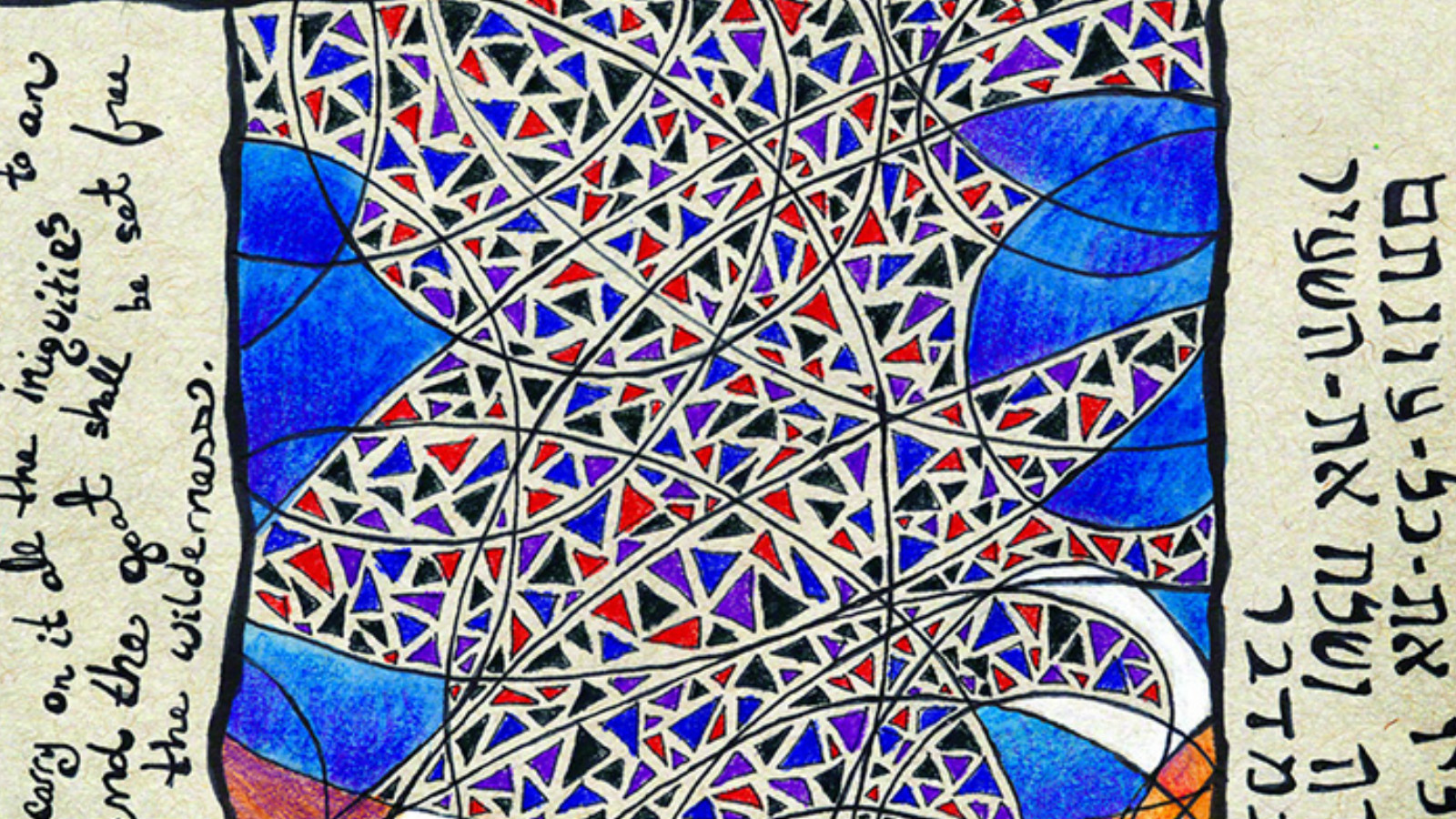Next Reading
Torah Reading
Leviticus 16:1-20:27
Haftarah
Amos 9:7-15
In the Torah portion Achrei Mot, God speaks to Moses after the death of Aaron’s two sons, who were killed for coming too close to the presence of God. God instructs Moses and Aaron on the procedures surrounding Yom Kippur. God describes all the laws surrounding sexual prohibitions. In Kedoshim, God describes to Moses many ethical and ritual laws aimed at helping people live lives of holiness. The laws described include some of those recorded in the Ten Commandments, such as respecting one’s parents, keeping the Sabbath and not stealing. God also introduces laws about farming and about belief in supernatural beings.
Featured Commentary
Parashat Achrei Mot – Kedoshim: How to be Holy
The imperative to “be holy” is about more than just abstention.
